The art of cooking zongzi, the traditional Chinese sticky rice dumplings, has been passed down through generations. While the classic method involves hours of boiling in a large pot, modern kitchen tools like the pressure cooker have revolutionized the process. Among the various techniques, one that stands out is using a pressure cooker for just 45 minutes after it reaches full steam. This method not only saves time but also preserves the texture and flavor of the zongzi, making it a favorite among busy home cooks.
Pressure cookers work by trapping steam inside a sealed pot, which significantly increases the internal pressure and raises the boiling point of water. This allows food to cook much faster than traditional methods. For zongzi, which are tightly wrapped in bamboo leaves, the high-pressure environment ensures that the heat penetrates evenly, cooking the glutinous rice and fillings thoroughly without drying them out. The result is a perfectly tender and cohesive dumpling that holds its shape when unwrapped.
The 45-minute cooking time is crucial. Unlike other dishes that might require longer or shorter durations, zongzi need this specific window to achieve the ideal texture. Cooking them for less than 45 minutes may leave the rice undercooked and gritty, while exceeding this time can make the dumplings mushy or cause them to fall apart. The countdown begins only after the pressure cooker has fully pressurized, indicated by the steady release of steam or the hissing sound typical of these devices.
One of the key advantages of this method is its consistency. Traditional boiling can be unpredictable, as water levels fluctuate and heat distribution varies. In contrast, the pressure cooker maintains a stable environment, eliminating the need for constant monitoring. Once the timer is set, cooks can focus on other tasks, returning to perfectly cooked zongzi every time. This reliability makes the technique especially appealing for beginners or those preparing large batches for festivals like the Dragon Boat Festival.
Another benefit is energy efficiency. Pressure cookers use significantly less water and heat compared to conventional boiling, reducing both utility bills and environmental impact. The shorter cooking time also means less energy is expended, aligning with modern sustainable cooking practices. For households that enjoy zongzi regularly, this method offers a practical way to indulge in the delicacy without excessive resource consumption.
Despite its many perks, the pressure cooker method does require some precautions. Overfilling the pot can obstruct the steam release valve, leading to uneven cooking or safety hazards. It’s also important to ensure the zongzi are fully submerged in water to prevent uneven heat distribution. Additionally, natural pressure release is recommended after cooking to avoid sudden temperature changes that could affect the texture of the rice.
For those new to pressure cooking, the learning curve is minimal. Most modern devices come with clear instructions and safety features, making them accessible even to novice cooks. The 45-minute zongzi technique is a testament to how traditional recipes can adapt to contemporary tools without sacrificing authenticity. Whether for a family gathering or a personal treat, this method delivers delicious results with unmatched efficiency.
In conclusion, the pressure cooker has earned its place in the modern kitchen as a game-changer for zongzi preparation. The 45-minute steam-cooking method combines speed, consistency, and quality, offering a practical solution for today’s fast-paced lifestyles. As more home cooks discover this approach, it’s likely to become a staple technique, bridging the gap between tradition and convenience.
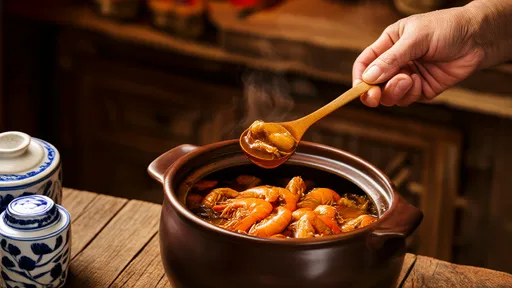
By /Aug 11, 2025
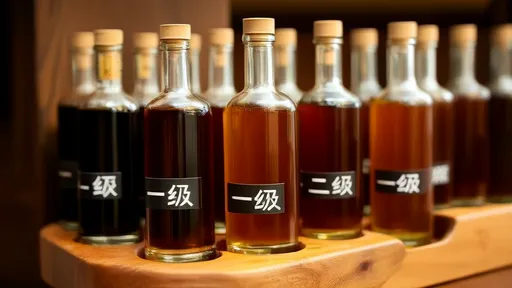
By /Aug 11, 2025
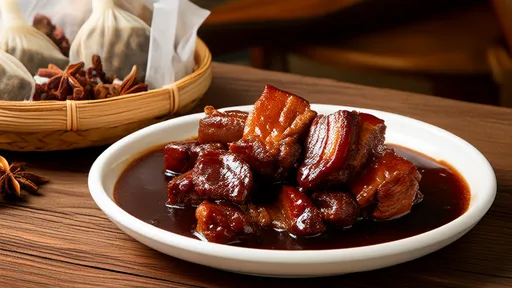
By /Aug 11, 2025
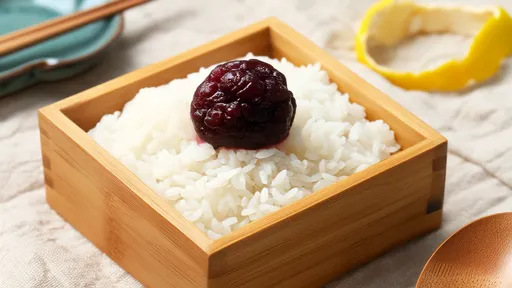
By /Aug 11, 2025

By /Aug 11, 2025

By /Aug 11, 2025
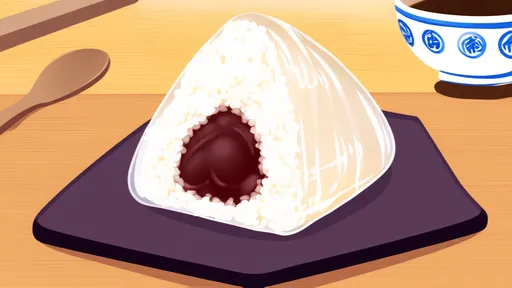
By /Aug 11, 2025

By /Aug 11, 2025

By /Aug 11, 2025
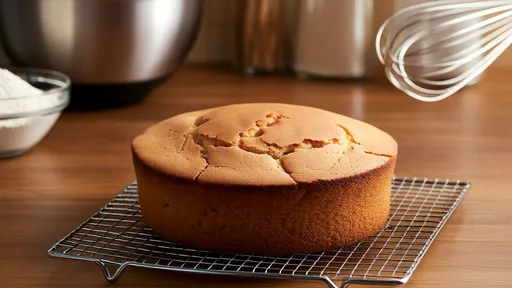
By /Aug 11, 2025
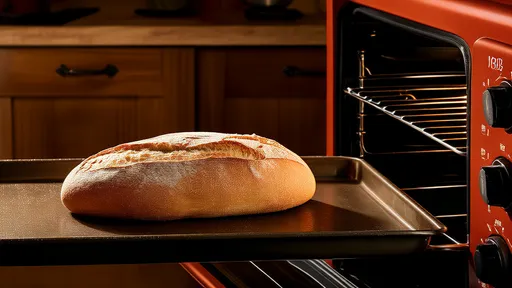
By /Aug 11, 2025
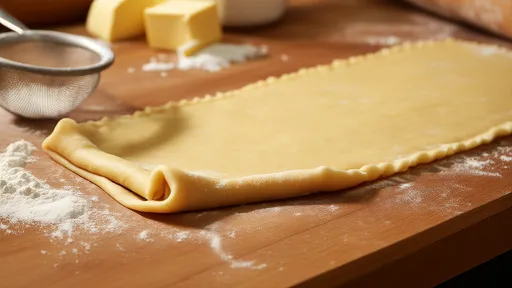
By /Aug 11, 2025
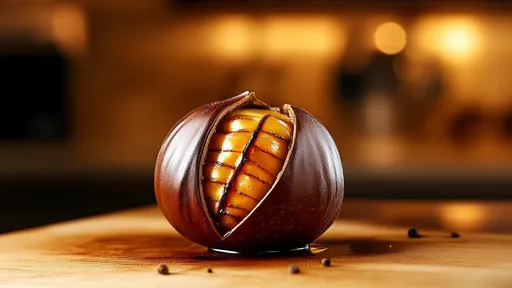
By /Aug 11, 2025

By /Aug 11, 2025
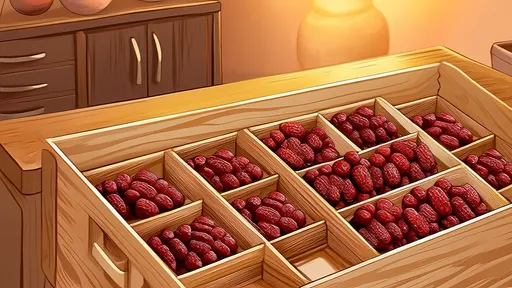
By /Aug 11, 2025
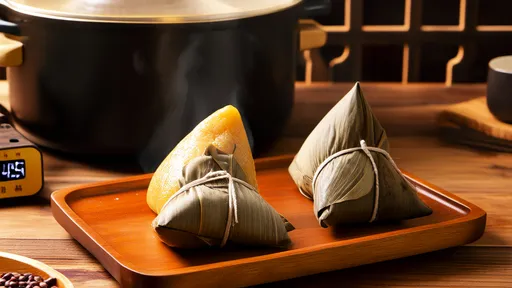
By /Aug 11, 2025
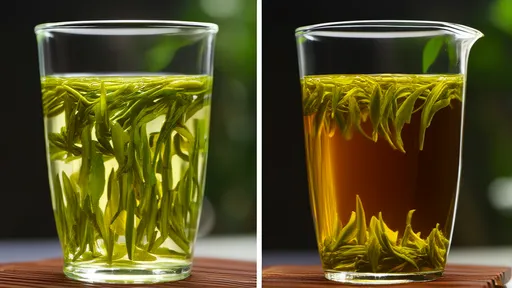
By /Aug 11, 2025

By /Aug 11, 2025
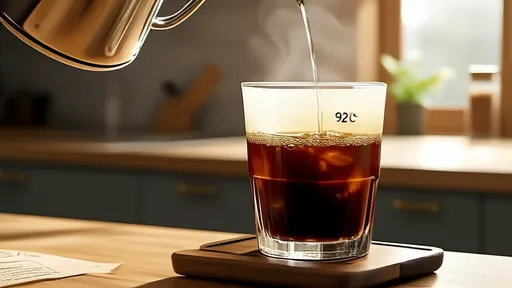
By /Aug 11, 2025
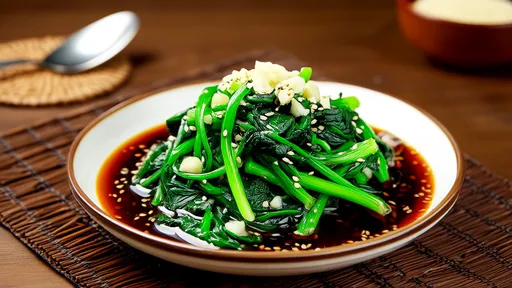
By /Aug 11, 2025